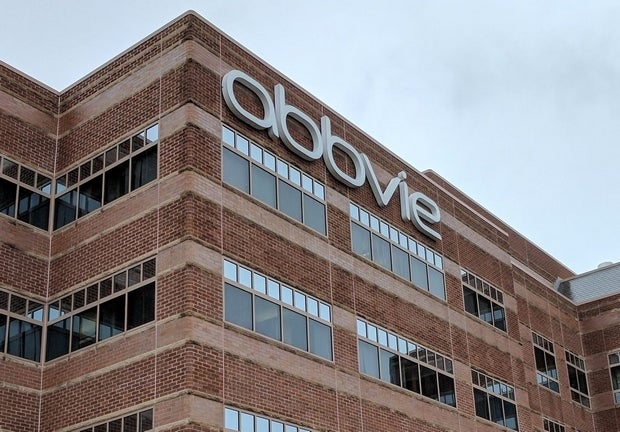Three decades after its predecessor began operations in Worcester, drugmaker AbbVie has filled its 400,000-square-foot building on Belmont Street — and most of two smaller buildings in the UMass Medicine Science Park down Plantation Street.
Now, as a rheumatoid arthritis drug developed at the Worcester facility hits the market, AbbVie — with 1,200 employees in the city — is looking for further expansion, said Lisa Olson, the vice president for immunology discovery and the site head for AbbVie in Worcester.
“We are going to continue to expand,” she said Friday. Olson didn’t give any specific sites in mind but said the company is committed to Worcester.
AbbVie is the most recent of a series of similar operations to have a major presence in the city.
The first, the German chemical producer BASF, came to Worcester in 1989 with a bioresearch operation. The massive brick building AbbVie occupies today opened in 1993. Abbott Laboratories, from which AbbVie spun off in 2013, bought BASF’s pharmaceuticals operations in 2001.
Over time, the operation has become a major biomedical employer in Central Massachusetts. Its claim to fame is as the facility where Humira, an anti-inflammatory drug, was discovered. Humira has regularly been the most prescribed drug in the world, according to the QuintilesIMS Institute, which tracks drug spending.
The first clinical batch of Humira was developed in 1996, and was approved in 2002. Four years later, manufacturing for the drug was shifted to Puerto Rico, and today it’s made both there and in Singapore.

The facility had another breakthrough with Rinvoq, a drug for severe rheumatoid arthritis. The drug won U.S. Food and Drug Administration approval in August.
More than 500 operations employees and nearly 400 in research and development at AbbVie are always working toward the next drug, said Blaine Stine, a senior director.
“Jochen has Humira, I have none, so I have to get to work,” Stein joked about Jochen Salfeld, AbbVie’s vice president for global biologics, who led the team that discovered Humira.
Olson called the discovery of a drug making it to market a dream that scientists always strive toward.
“That’s why scientists choose to work in a pharmaceutical company, because it’s very meaningful to them,” she said.
AbbVie’s Worcester operations focus on immunology, working on ways to help the body’s immune system. They’re joined by similar operations in a smaller facility in Cambridge that AbbVie opened around two years ago.
AbbVie first expanded beyond its main Worcester facility about a decade ago, taking what today is nearly all of one building in the UMass Medicine Science Park and around 20,000 square feet of another.
AbbVie, which is based outside Chicago, announced in June it was buying Allergan, the maker of Botox, for $63 billion. The deal is expected to close early next year.
AbbVie’s third-quarter net revenue announced last month was nearly $8.5 billion. More than half of that was from Humira sales.

